Eczema, also known as dermatitis, is a term that refers to a group of very common skin conditions characterized by a dry, itchy rash. According to the National Eczema Association, eczema may affect as many as 1 in 10 persons in the United States. This is unfortunate because of how debilitating this condition can be. In some cases, the extreme itching of the rash can keep a person awake at night, or even cause them to scratch the rash until they bleed. It can be challenging to manage these symptoms as there is no cure for eczema. Fortunately, there are several effective treatment options as well as lifestyle changes that patients can make to improve their eczema. Below you’ll find our best lifestyle tips to help manage the condition.
Use the right type of moisturizer
If you have eczema, you might already know that not all moisturizers are created equal. In fact, there are three different generations of moisturizers: occlusive, humectant, and reparative.
The first generation is called occlusive moisturizers because they create a barrier over the skin that prevents trans-epidermal water loss (TEWL), one of the major causes of dry skin. Examples of occlusive moisturizers include petrolatum, mineral oil, jojoba oil, olive oil, and many more. The drawback of these moisturizers is that they can be messy and not very cosmetically appealing.
Second generation moisturizers are called humectant moisturizers because of their ability to absorb water from the atmosphere and also from the lower layers of skin. Examples of humectant moisturizers include hyaluronic acid, glycerin, sorbitol, urea, and lactic acid. A disadvantage of these moisturizers is that at higher concentrations they can be irritating to the skin.
The third generation, or reparative, moisturizers have both occlusive and humectant properties. Additionally, they are formulated to repair the damaged skin barrier and replenish the lost barrier components. Patients suffering from eczema should opt for this type of moisturizer since skin affected by eczema already has a compromised barrier. Repairing the barrier will restore moisture to the skin, prevent TEWL, and rebalance the natural beneficial lipids of the skin.
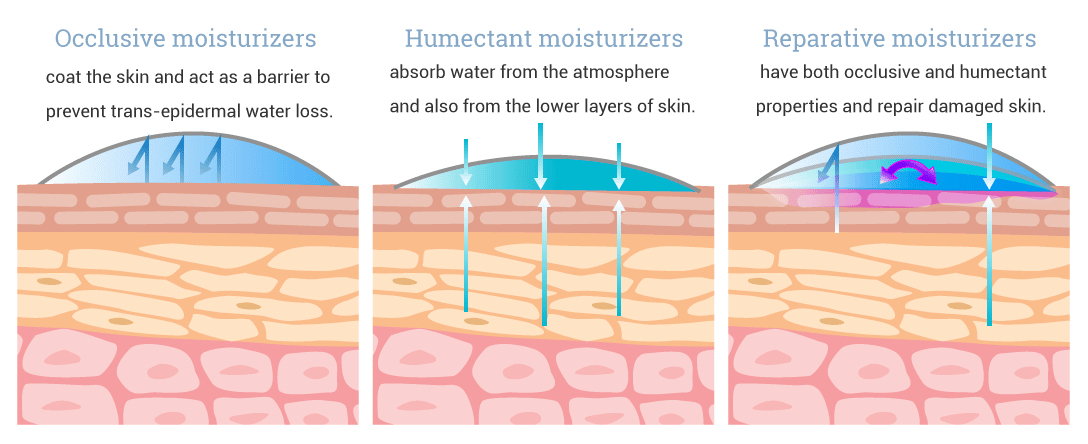
New York board-certified dermatologist Dr. Jessica Krant, MD, MPH, suggests to use a plain moisturizer without fragrance. Slather it all over every single time you get out of the shower and even one extra time per day.
Avoid fragrances
Fragrances are a common cause of contact dermatitis, a type of eczema that occurs when an external substance touches the skin and causes an allergic reaction. Of course, fragrances in perfumes and colognes are major culprits. But did you know even the fragrances in your skincare products and laundry detergent can cause eczema flares?
Household, beauty, and personal care products will often claim to be “hypoallergenic”. However, consumers are advised to be cautious of these statements. The U.S. government does not have standards that products must meet in order to put “hypoallergenic” on the label. In fact, the U.S. Food and Drug Administration states, “There are no federal standards or definitions that govern the use of the term ‘hypoallergenic.’ The term means whatever a particular company wants it to mean. Manufacturers of cosmetics labeled as hypoallergenic are not required to submit substantiation of their hypoallergenicity claims to FDA.”
Instead of hypoallergenic products, look for products that say “dye-free” and “perfume-free” on the label. For example, laundry detergents will typically have the phrase “free and clear” on the label, indicating that they are not made with dyes and fragrances that may irritate the skin.
Pay with a credit card instead of cash and coins
Did you know that hand eczema can be caused by handling coins? It is a type of contact dermatitis that is caused when the nickel in coins comes in contact with the skin. It has often been claimed that the duration of skin contact with coins is too short to cause nickel release and dermatitis. However, a publication in the journal Contact Dermatitis states that, “it is well known by dermatologists specialized in occupational skin diseases, and by their nickel-allergic patients, that hand eczema in cashiers and other professionals who handle coins may be caused or aggravated by nickel release from coins.” Therefore, if you’re a cashier, a lifestyle tip to help manage your eczema is to wear gloves to avoid contact with nickel in coins.

Avoid hot showers and baths
A simple tip to help manage your eczema symptoms is to avoid long, hot showers and baths. When the skin is exposed to hot water for a long period of time, it becomes stripped of its natural moisturizing factor (NMF). This means that after your shower the skin will be even more dry and irritated. Dr. Krant says, “The temperature of the water should be turned down two notches from where you want it to be. Warm enough to be tolerable, but not hot enough to make it feel good.”
Additionally, your shower or bath should be as short as possible if you have eczema. Aim for just five minutes, says Dr. Krant. If that sounds too short, try to limit your time standing directly under the water.
Jessica Krant, M.D., MPH, is a board-certified dermatologist with specialized experience in cosmetic, laser, surgical, and medical dermatology, but above all, Dr. Krant is most proud to be a caring, comprehensive physician who takes the time to listen and send her patients home with a smile.
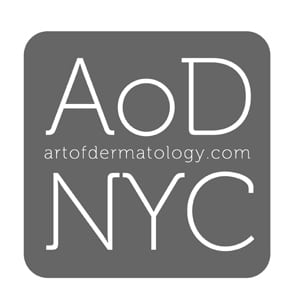
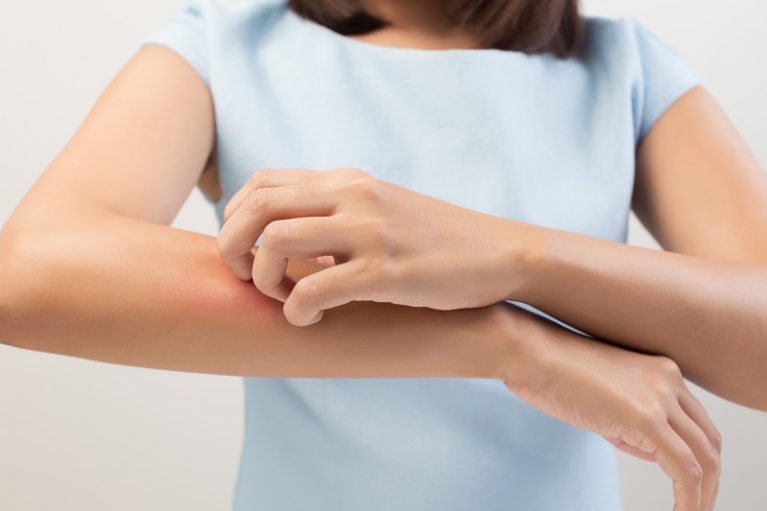

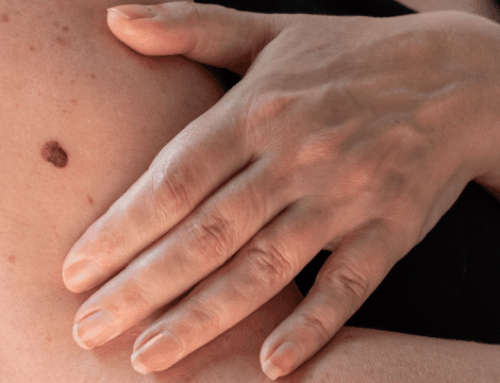

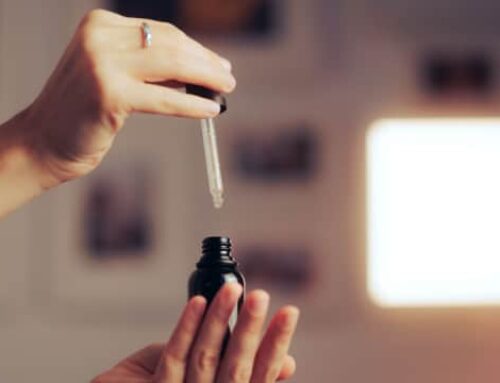

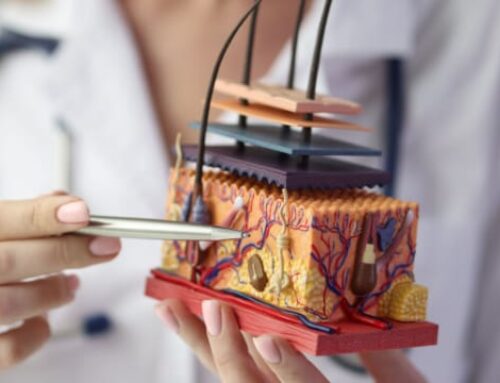







Leave A Comment